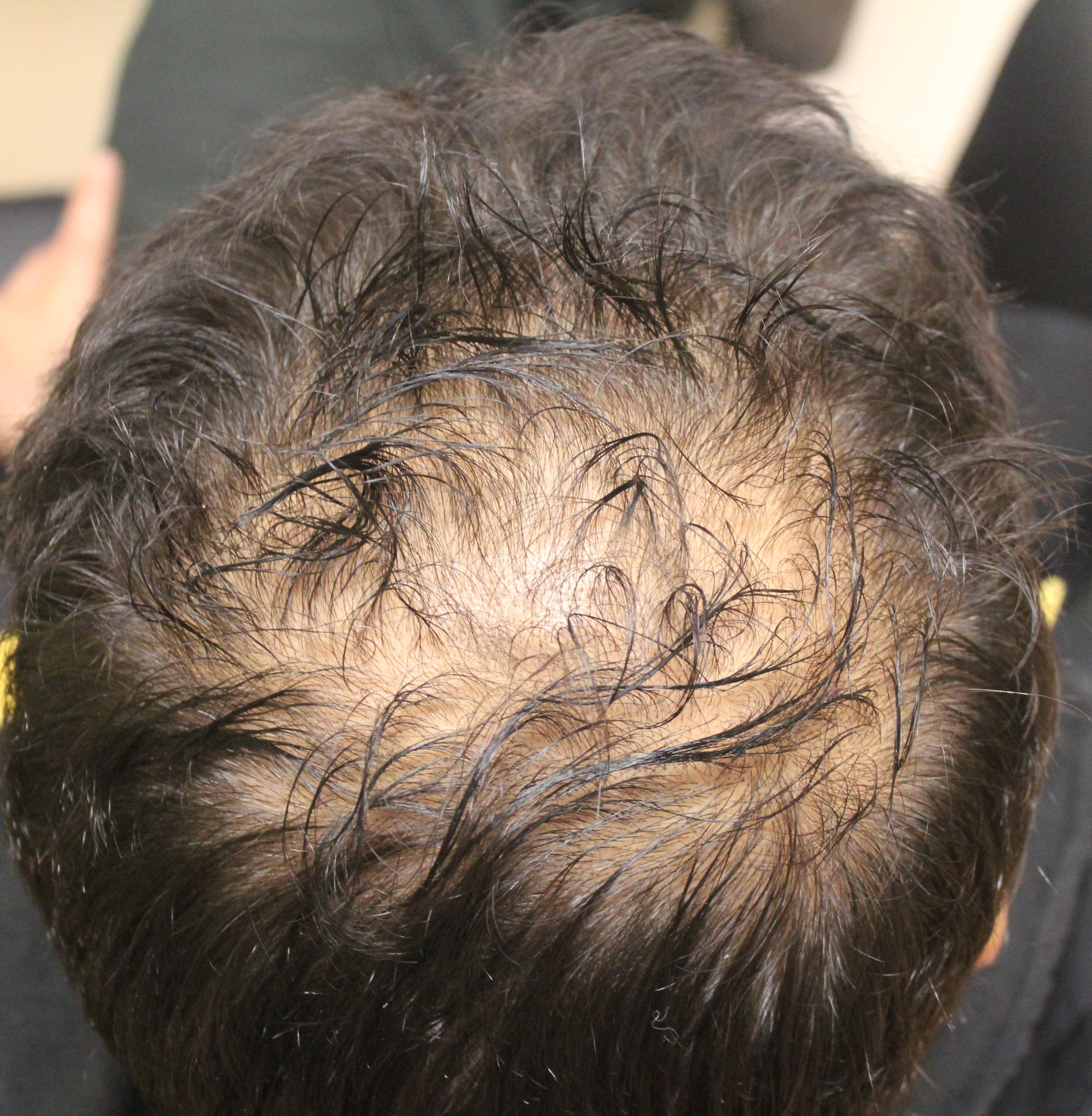Can Finasteride (Propecia) be used in women?
Finasteride is not FDA approved for women. That does not mean we never use finasteride in women - in fact, I sometimes to prescribe this medication. The fact that it is not FDA approved just alerts us that there are important reasons to consider as to why it is not approved.
Does FDA approval matter?
FDA approval does matter. It directs us to consider that considerable review has been done to evaluate that safety of a given medication. However, readers must keep in mind that 99 % of the medications that a hair loss doctor uses are not FDA approved!! When a medication that is not FDA approved is used, we say that this is a so called 'off label' use.
When I use minoxidil for alopecia areata, I'm using the medication in an 'off label' manner. Minoxidil is not FDA approved for alopecia but but sure can help many patients. In fact - there is not a single medication on the planet that is FDA approved for alopecia areata.
When I use Plaquenil for lichen planopilaris, I'm using the medication in an 'off label' manner. Plaquenil is not FDA approved for lichen planopilaris but but sure can help many patients. In fact - there is not a single medication on the planet that is FDA approved for lichen planopilaris.
When I use clindamycin for folliculitis decalvans, I'm using the medication in an 'off label' manner. Clindamycin is not FDA approved for folliculitis decalvans but but sure can help many patients. In fact - there is not a single medication on the planet that is FDA approved for folliculitis decalvans.
When I use minoxidil and steroid injections for traction alopecia, I'm using these medications in an 'off label' manner. Minoxidil and steroid injections are not FDA approved for traction alopecia but but sure can help many patients. In fact - there is not a single medication on the planet that is FDA approved for traction alopecia.
Finasteride for Women - It's off label.
When I use finasteride for androgenetic alopecia in women, I'm using these medications in an 'off label' manner. Finasteride is not FDA approved for androgenetic alopecia but but sure can help many patients.
Some medications are appropriate for a given patient others are not. One really needs to sit down with a physician and discuss. Even Rogaine is not advised for some women (heart conditions, heart rhythm problems, pregnancy, other hormone abnormalities such as pheochromocytoma).
Some physicians never prescribe finasteride to women regardless of age. Some physicians only prescribe to post menopausal women. Some physicians will prescribe to premenopausal with appropriate counceling on the risks during pregnancy and prescription of appropriate birth control.
Finasteride must never be used by women who may become pregnant. Women with strong histories of estrogen dependent cancers (breast, ovarian, gynaecological cancers) should also review use with their doctors. This includes breast, ovarian and other gynecological cancers. Women with depression should also have a thorough discussion as to whether this drug is appropriate for them of not.

